Assessment of neuroendocrine dysfunction following traumatic brain injury.
Por um escritor misterioso
Last updated 29 maio 2024

A screening protocol adapted for selected patients at risk for endocrine problems is described, and physicians should be aware of the importance of neuroendocrine dysfunction following TBI. Posttraumatic neuroendocrine pathology may be a clinically significant complication following traumatic brain injury TBI. Metabolic abnormalities are described after TBI in two cases. A 21 year old male injured in a motor vehicle accident admitted in a minimally responsive condition presented with fluctuating high sodium levels, undetectable serum testosterone, and depressed cortisol and thyroid function. Imaging revealed near complete avulsion of the pituitary stalk leading to panhypopituitarism. A 38 year old male admitted for occipital skull fractures and brain contusions presented with hypona tremia and low serum testosterone. Both patients required hormonal replacement and correction of electrolyte abnormalities. A screening protocol adapted for selected patients at risk for endocrine problems is described. While neuroendocrine screening is not advocated in all TBI patients, physicians should be aware of the importance of neuroendocrine dysfunction following TBI.
Assessment of neuroendocrine dysfunction following traumatic brain injury: Brain Injury: Vol 12, No 6

Neuroendocrine disorders after traumatic brain injury

Traumatic brain injury as a chronic disease: insights from the United States Traumatic Brain Injury Model Systems Research Program - The Lancet Neurology
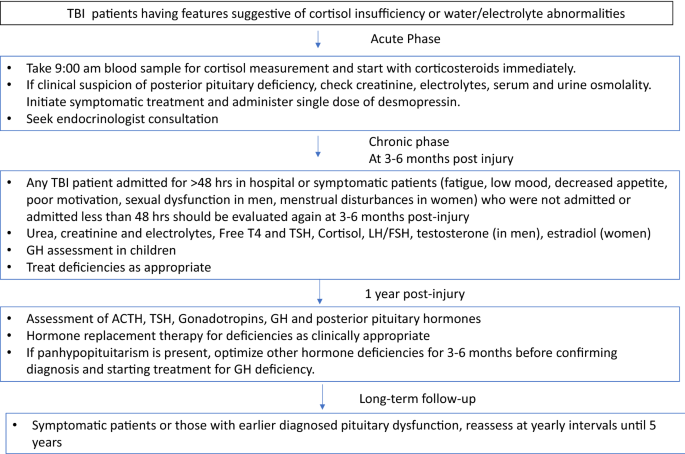
Endocrine Dysfunction After Traumatic Brain Injury: An Ignored Clinical Syndrome?
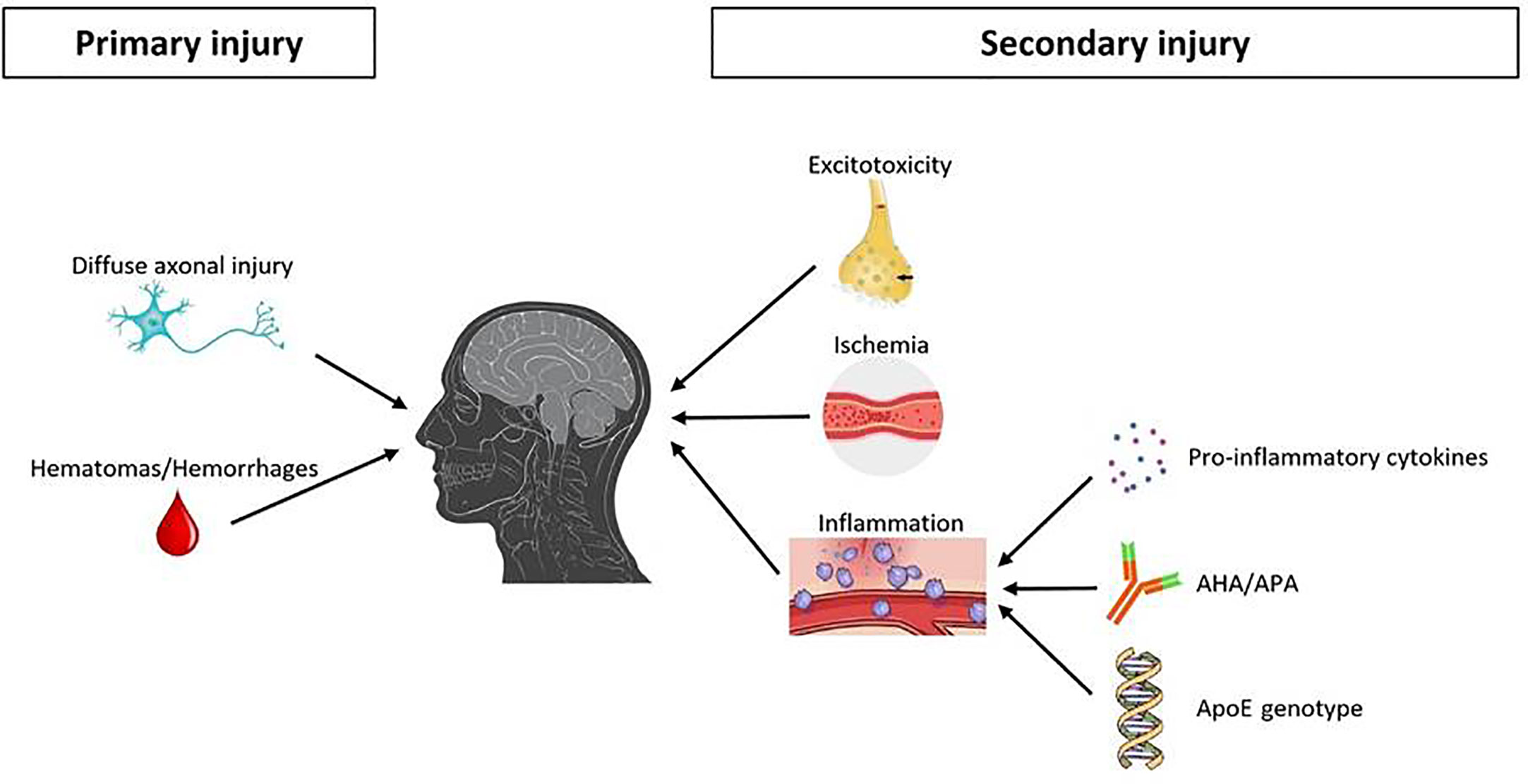
Frontiers Traumatic Brain Injury as Frequent Cause of Hypopituitarism and Growth Hormone Deficiency: Epidemiology, Diagnosis, and Treatment
The screening and management of pituitary dysfunction following traumatic brain injury in adults: British Neurotrauma Group guidance
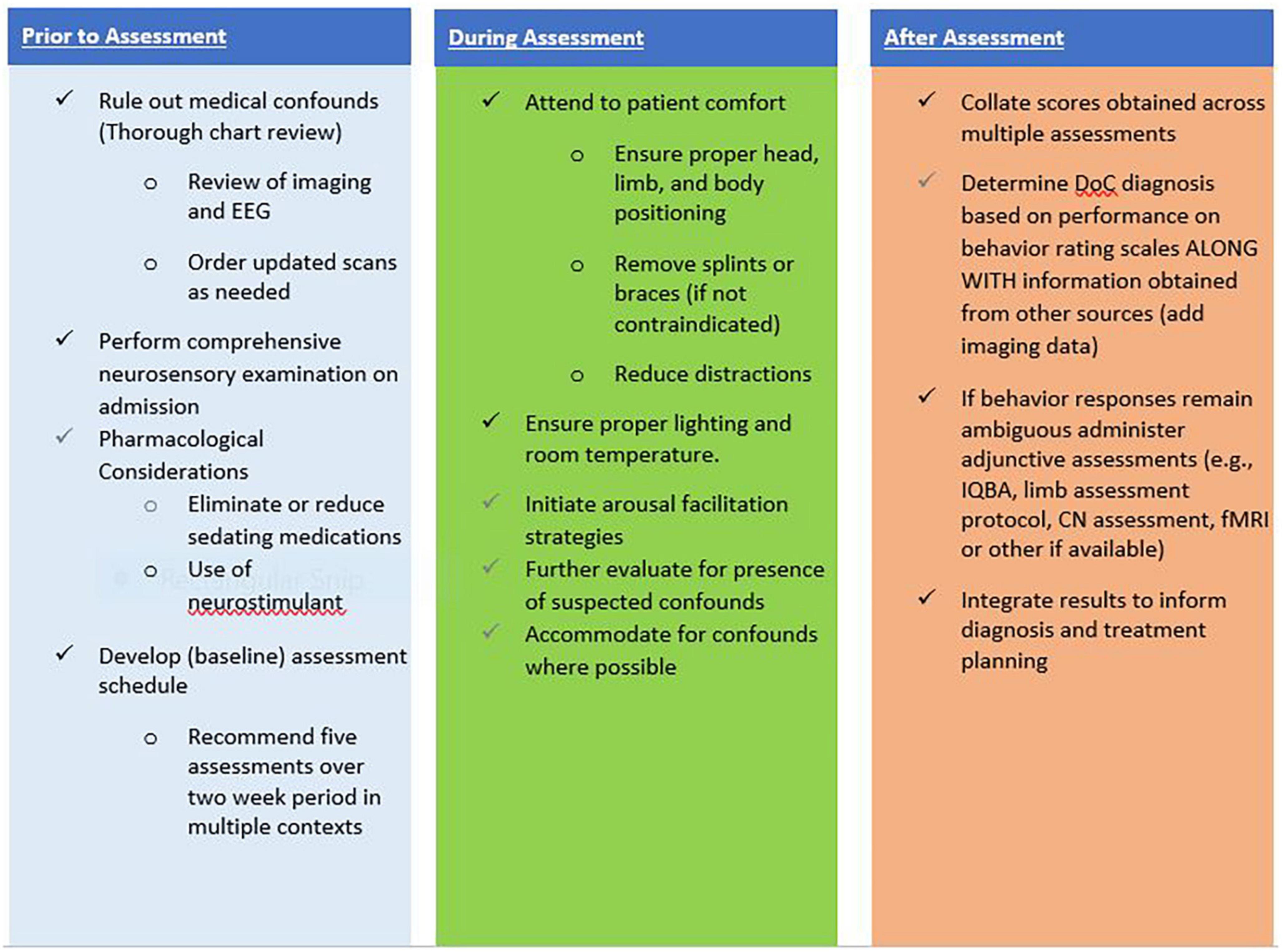
Frontiers Clinical application of recommendations for neurobehavioral assessment in disorders of consciousness: an interdisciplinary approach
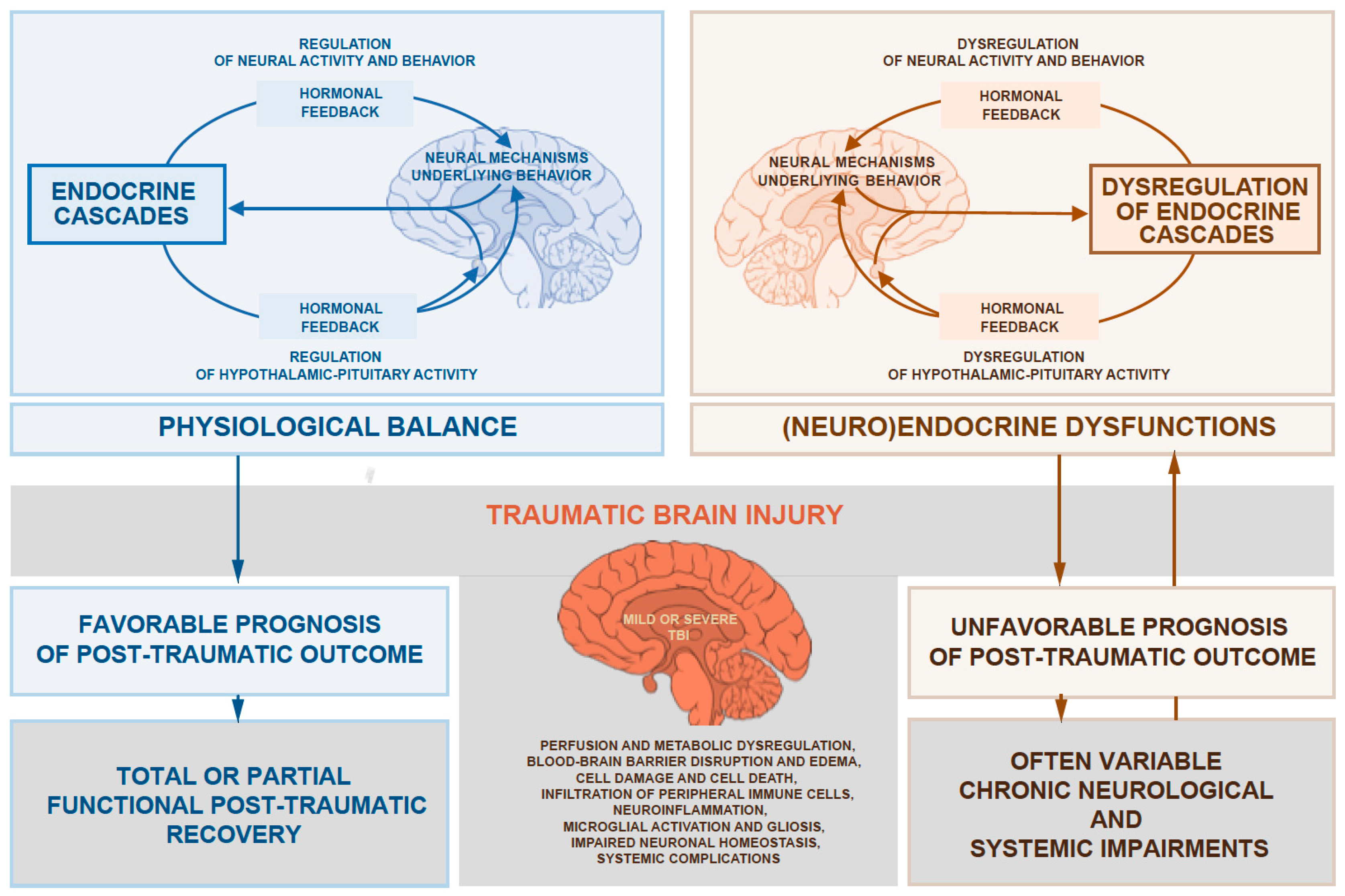
JCM, Free Full-Text
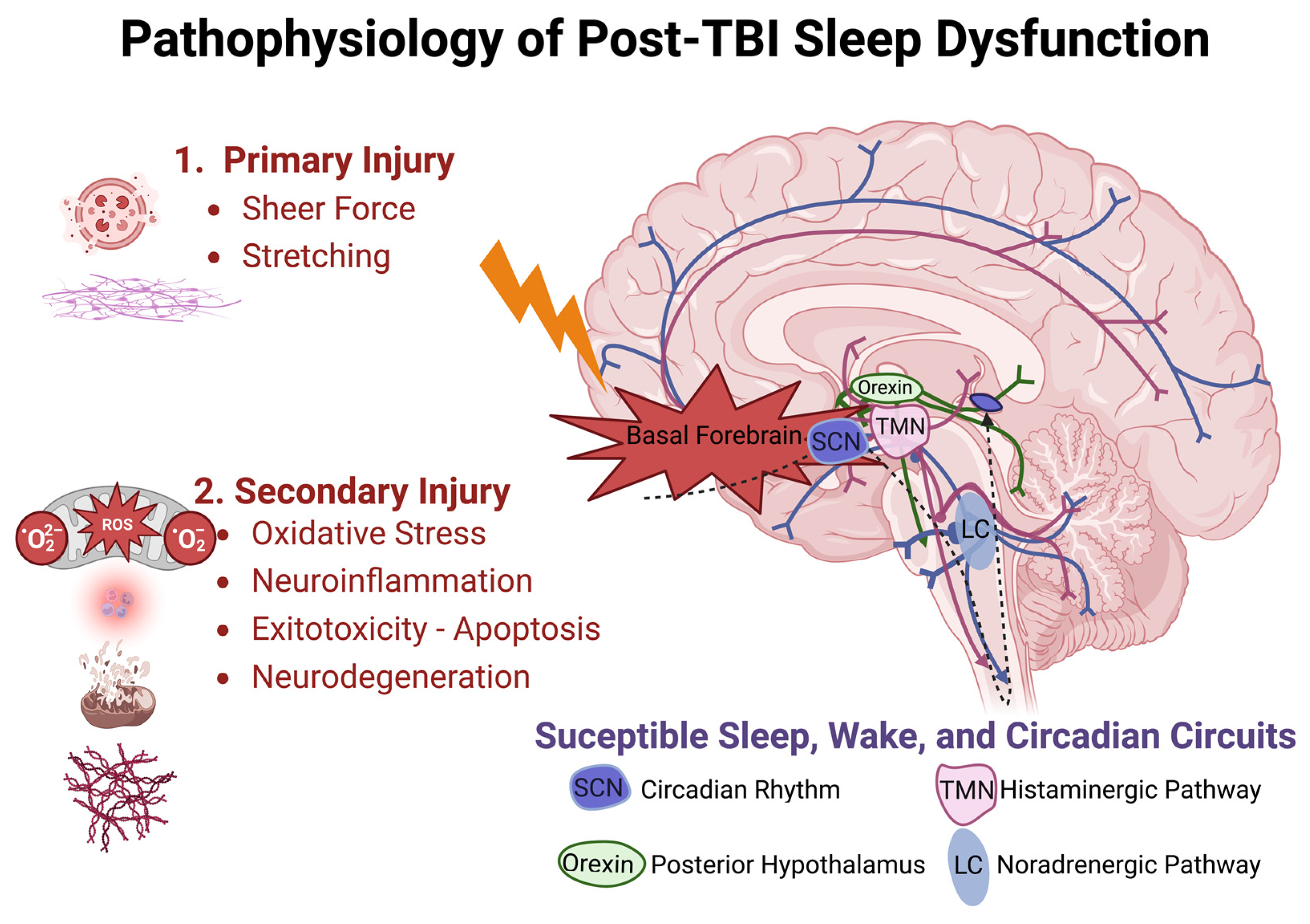
Clocks & Sleep, Free Full-Text
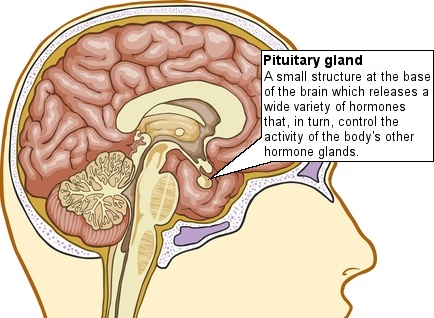
Hormonal imbalances
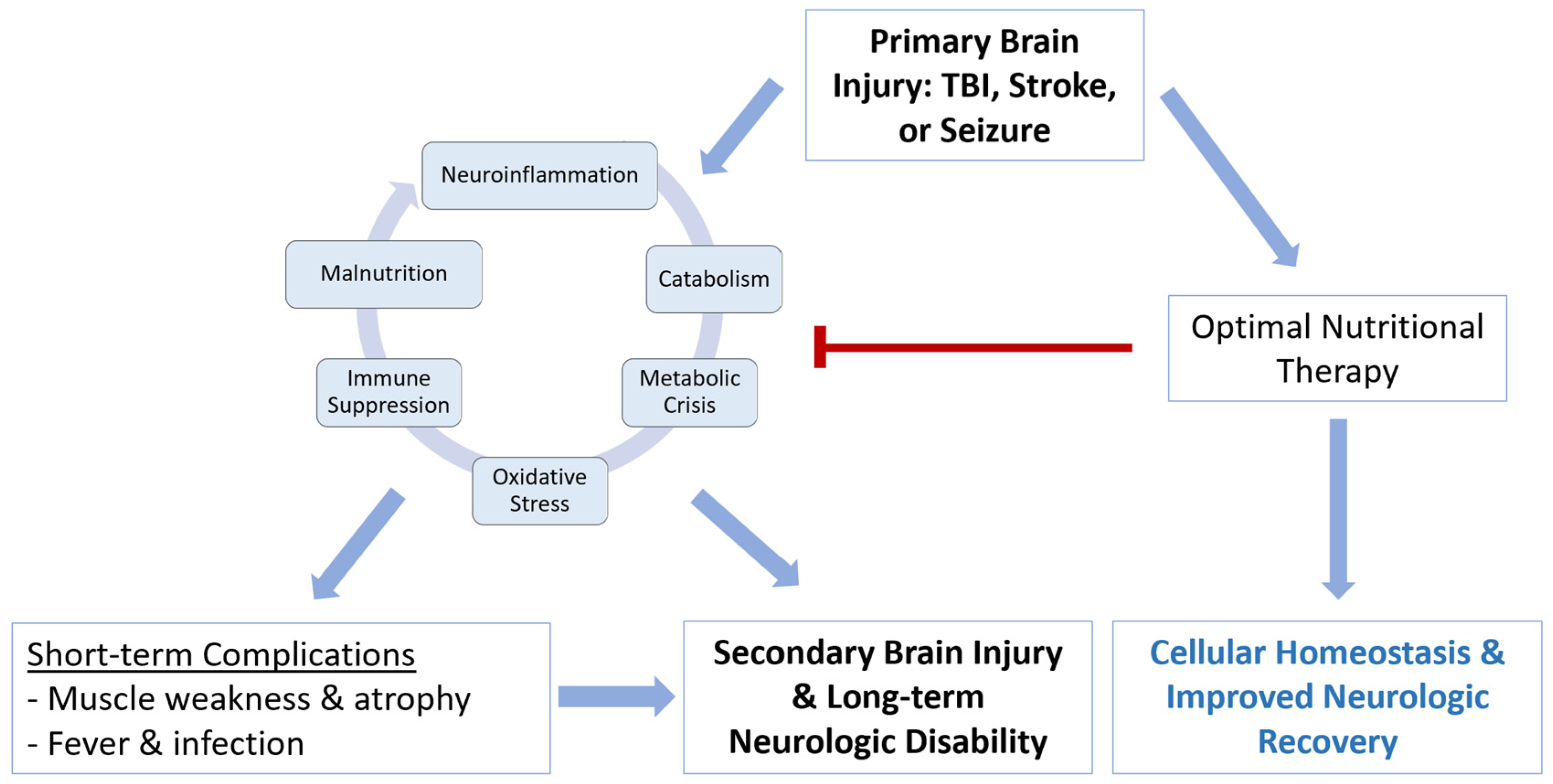
Biomedicines, Free Full-Text

Traumatic brain injuries Nature Reviews Disease Primers
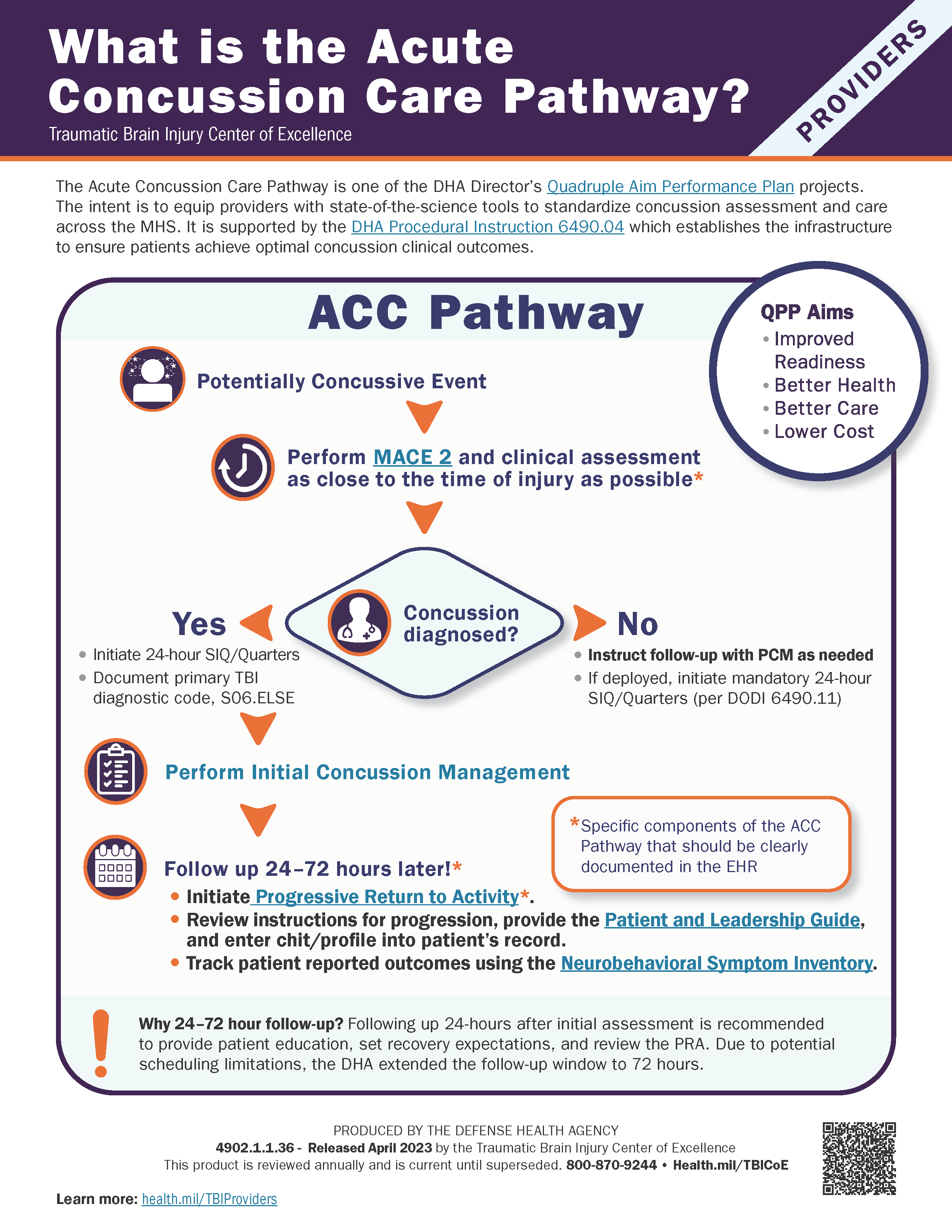
TBI Resources for Medical Providers
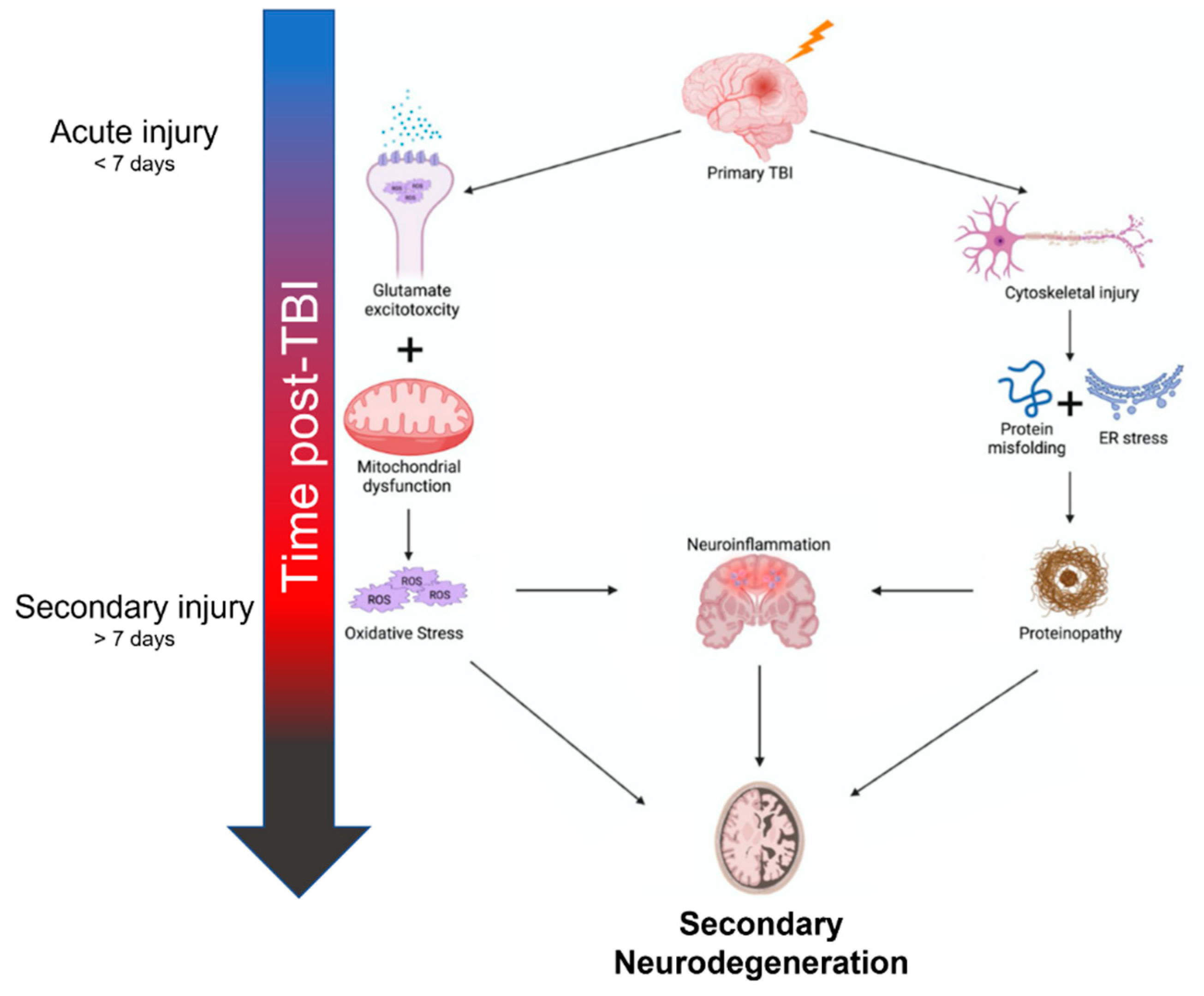
Trauma Care, Free Full-Text
Recomendado para você
-
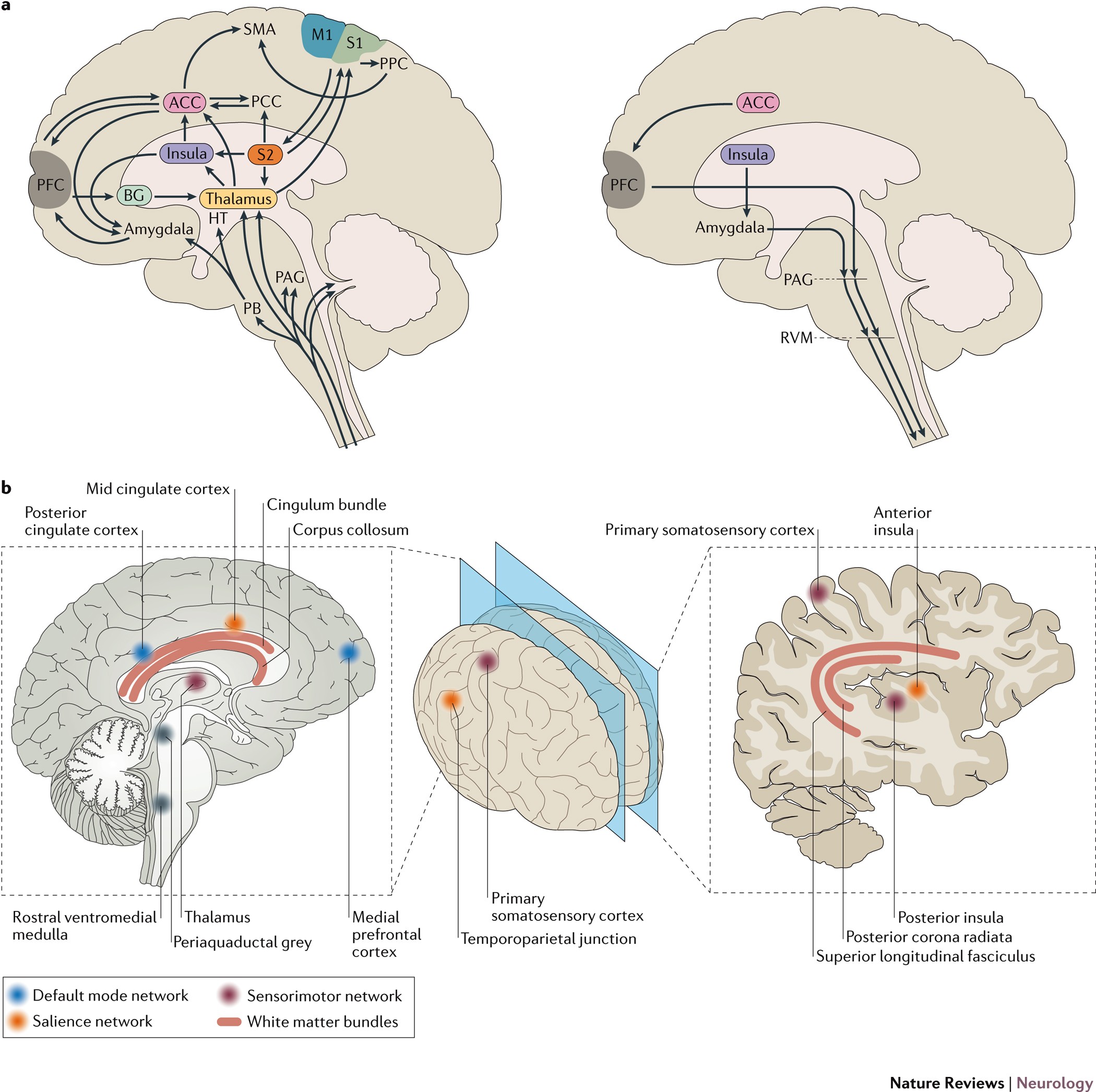 Brain imaging tests for chronic pain: medical, legal and ethical29 maio 2024
Brain imaging tests for chronic pain: medical, legal and ethical29 maio 2024 -
 brain test nível 29529 maio 2024
brain test nível 29529 maio 2024 -
Download free Brain Test 3 1.68.5 APK for Android29 maio 2024
-
 Bouncy Pop! Pop Em All on the App Store29 maio 2024
Bouncy Pop! Pop Em All on the App Store29 maio 2024 -
 Account Info29 maio 2024
Account Info29 maio 2024 -
 Color Web on the App Store29 maio 2024
Color Web on the App Store29 maio 2024 -
 Pin by Priyadarshini on tamil Fictional characters, Character, Snoopy29 maio 2024
Pin by Priyadarshini on tamil Fictional characters, Character, Snoopy29 maio 2024 -
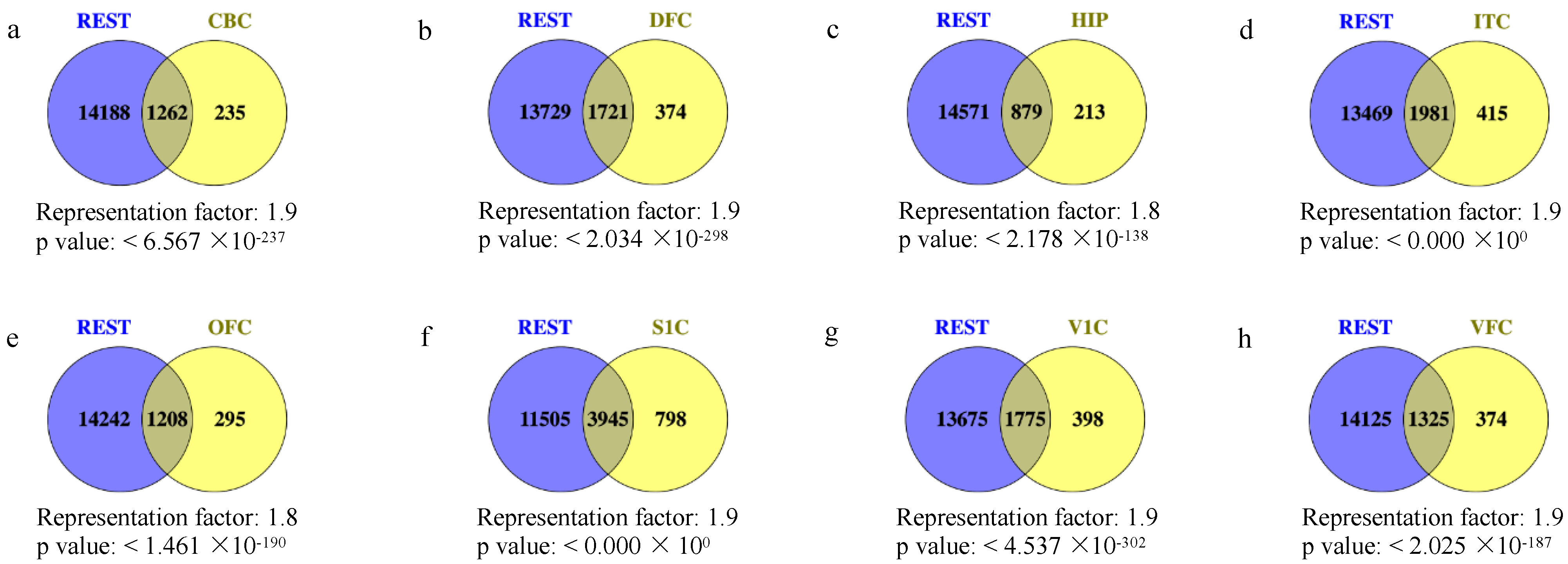 IJMS, Free Full-Text29 maio 2024
IJMS, Free Full-Text29 maio 2024 -
 WordQuest! by Tappeal AB29 maio 2024
WordQuest! by Tappeal AB29 maio 2024 -
 Pin on random 🤣29 maio 2024
Pin on random 🤣29 maio 2024
você pode gostar
-
 How to Use Facebook Business Manager for Multiple Accounts - Blog - Shift29 maio 2024
How to Use Facebook Business Manager for Multiple Accounts - Blog - Shift29 maio 2024 -
 Shredder Chess Play Now Online for Free29 maio 2024
Shredder Chess Play Now Online for Free29 maio 2024 -
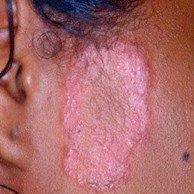 Hanseníase - SBD29 maio 2024
Hanseníase - SBD29 maio 2024 -
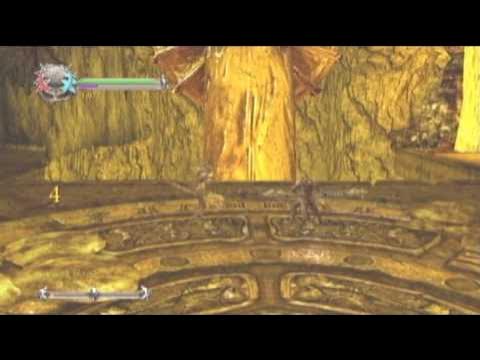 Dante's Inferno: Greed - Plutus, God Of Wealth29 maio 2024
Dante's Inferno: Greed - Plutus, God Of Wealth29 maio 2024 -
 Roblox DOORS: Room 100 Guide and ENDING29 maio 2024
Roblox DOORS: Room 100 Guide and ENDING29 maio 2024 -
 My Fan-Made Frozen 3 posters! : r/Frozen29 maio 2024
My Fan-Made Frozen 3 posters! : r/Frozen29 maio 2024 -
 Os 10 jogos com a classificação mais alta na Steam, classificados29 maio 2024
Os 10 jogos com a classificação mais alta na Steam, classificados29 maio 2024 -
 Saiba qual é a música de festa junina mais tocada do Brasil; veja lista das 10 principais - tudoep29 maio 2024
Saiba qual é a música de festa junina mais tocada do Brasil; veja lista das 10 principais - tudoep29 maio 2024 -
 Watch Uncharted29 maio 2024
Watch Uncharted29 maio 2024 -
 All Mojang's Minecraft Games Now Require a Microsoft Account29 maio 2024
All Mojang's Minecraft Games Now Require a Microsoft Account29 maio 2024
